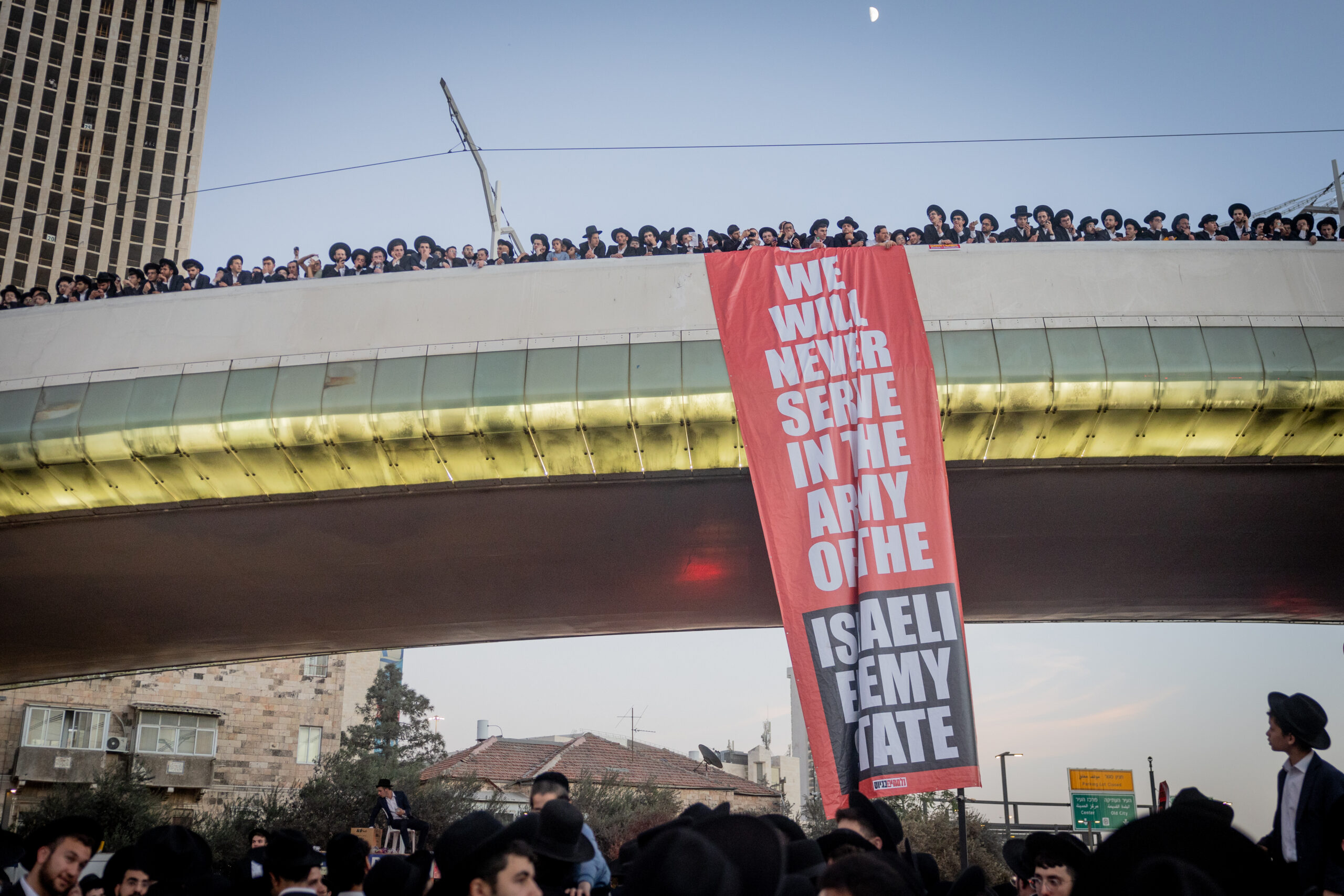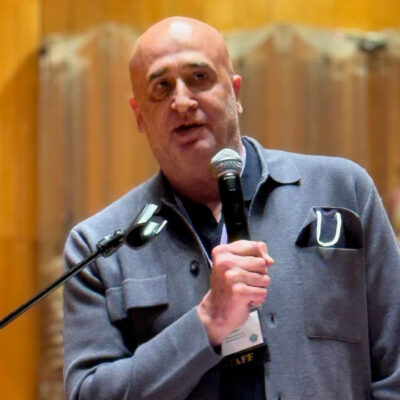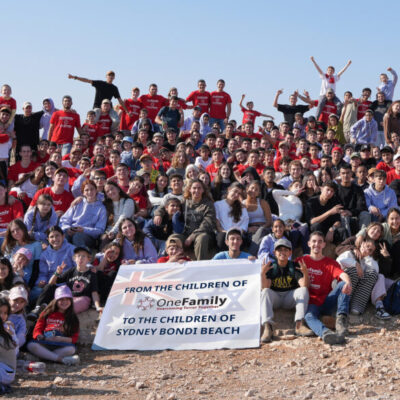Opinion
'TARGETED PREPAREDNESS'
How Israeli organizations can rise to the challenge of turbulent times
Innovate and overcome — this is the attitude that non-governmental organizations (NGOs) and nonprofits should have when faced with emergencies or crises. Since the atrocities of Oct. 7 and the ensuing war with Hamas began, many organizations across Israel have deployed this attitude when dealing with the challenges of widespread infrastructure disruptions, workforce depletion and financial strain. Now, with growing daily threats from Hezbollah, Israeli nonprofits are still adapting and figuring out how to continue providing their services safely and effectively.
With nonprofits playing such a large role in Israeli society, especially when it comes to social and medical services, it is all the more critical that they keep operating during crises, filling in the gaps and meeting the needs they were founded to fulfill — and many organizations are dealing with increased demand for new or existing services during these difficult times.

A Yad Sarah volunteer holds a map of the NGO's northern Israel branches during a phone call. Courtesy/Yad Sarah
To serve as many as possible in this crisis environment, NGOs and nonprofits across the country need to consider the specific, foreseeable scenarios they are uniquely positioned to address should the crisis in the North intensify and spread. Targeted preparedness can significantly enhance response capabilities when the time comes. Organization leaders should be able to answer questions like:
- Who will need our support the most and where are they located?
- What are the most critical services we provide?
- What third-party providers do we rely on to provide those services?
- How can we secure those services in-house or through reliable alternative providers?
For example, at Yad Sarah, Israel’s leading volunteer-based NGO, one of the main services is medical equipment lending. In preparation for escalating tensions with Hezbollah and to address potential power outages during the conflict, Yad Sarah’s northern branches have secured generators and battery-powered oxygen concentrator machines to ensure continuity of care for those dependent on electricity-powered medical devices.

By preparing for specific scenarios that align with an organization’s mission and resources, organizations can mitigate the impact of emergencies to ensure uninterrupted services and provide additional complementary services within their wheelhouse.
Forming a robust support network is another important step for organizations to take during times of crisis. With strategic partnerships, organizations can pool resources, share knowledge and coordinate efforts to address complex challenges more effectively. For instance, at the start of the war with Hamas, Yad Sarah collaborated with the Israel Defense Forces (IDF) to establish a dedicated hotline for injured soldiers. This partnership enabled immediate medical support and assistance to those in need. The organization also expanded operating hours significantly in hospital branches, coordinating support for injured soldiers through Ram 2, the IDF’s medical unit supporting hospitalized soldiers. Collaborations like these are vital for successfully responding to changing circumstances and emerging needs.
Additionally, throughout the year organizations should continuously evaluate and improve their operational frameworks with a well-prepared contingency plan to ensure they can swiftly adapt to emergencies. This involves regular training, effective communication channels, and a committed volunteer network. By being well-organized and agile, NGOs and nonprofits can efficiently mobilize resources, deploy personnel and sustain critical services even under the most challenging conditions.
Yad Sarah’s CEO, Moshe Cohen, has highlighted that the organization’s well-coordinated day-to-day operations and extensive network of 7,000 volunteers, cultivated through continuous engagement and training, have proved invaluable in the ongoing war with Hamas. This pre-existing organizational structure is the reason the NGO was able to efficiently locate and deploy volunteers where and when they were most needed while ensuring that regular services continued with minimal disruption.
Proactive strategies and engaging stories about ongoing efforts should also be shared with donors, board members, and other key stakeholders. This can be done through newsletters, social media and email updates, but it is often more powerful when donors see the organizations they support in mainstream news outlets or featured in a relevant trade publication. Yad Sarah, for example, has been mentioned in recent news articles in The Washington Post, Jerusalem Post, Times of Israel and Jewish Telegraphic Agency. Strong media relationships are critical for maintaining continuous coverage that can pique donor interest and encourage sustained funding and resources.
At the end of the day, individual NGOs and nonprofits everywhere can take a closer look at how they can strengthen their capacity to serve their communities effectively, regardless of the challenges they face. My hope is that the strategies outlined above will help them to navigate the turbulent times ahead and ensure resilience in the face of adversity.
And of course, we all also hope for better, easier, more peaceful times.

 Add EJP on Google
Add EJP on Google










